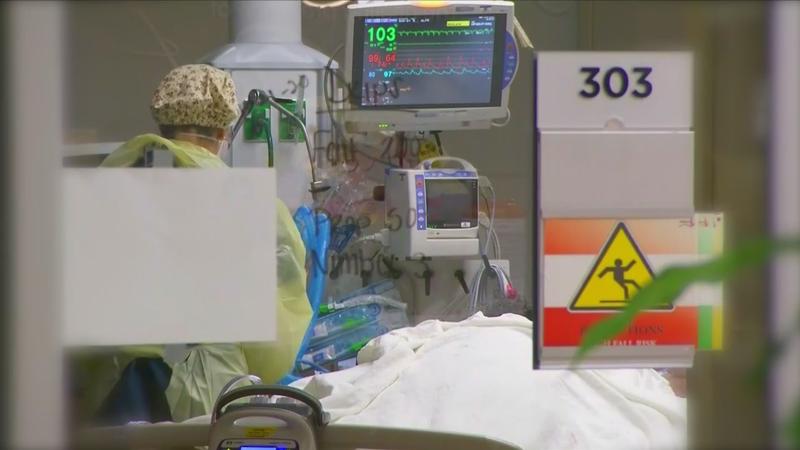UR Medicine’s hospitals implementing 3-week pause on ‘elective and semi-elective’ surgeries
[anvplayer video=”5075038″ station=”998131″]
ROCHESTER, N.Y. (WHEC) — UR Medicine’s hospitals are implementing a three-week pause on "elective and semi-elective" surgeries that require a hospital stay beginning on Monday.
The announcement was made Thursday amid rising COVID-19 hospitalizations in the Finger Lakes and specifically cites Gov. Kathy Hochul’s Nov. 26 executive order requiring hospitals with less than 10% inpatient bed capacity to postpone non-emergency procedures and Monroe County officials declaring a state of emergency over COVID-19 hospitalization rates on Tuesday.
It also cites hospitals’ inability to discharge patients who need inpatient care to nursing homes because of staffing shortages in those facilities, which News10NBC Investigative Reporter Jennifer Lewke has reported on extensively.
UR Medicine said as of Nov. 30, there were 110 active COVID-19 cases at Strong Memorial, and 254 across the six-hospital UR Medicine system.
UR Medicine said it will continue outpatient procedures at its hospitals and surgery centers.

[News10NBC]
It defines elective and semi-elective surgeries as those that can be delayed three months or longer without undue risk of harm to the patient, based on a review by teams of surgeons and other medical professionals and says the pause will only apply to operations that would require post-operative inpatient care in the hospital.
UR Medicine said patients who are impacted will be contacted directly by their surgeon’s office.
Rochester Regional Health is also taking its own measures. It released the following statement on Friday:
“Rochester Regional Health is aware of the New York State Department of Health (NYS DOH) updates to limit non-essential elective procedures. RRH has already taken the active step of limiting inpatient elective surgeries at Rochester General, Unity, and Newark-Wayne Community hospitals beginning next week. Due to the newly released NYS DOH guidelines, further adjustments to surgical schedules may be required. We are actively communicating with our patients as the situation continues to evolve. The health of our patients continues to be a top priority.”